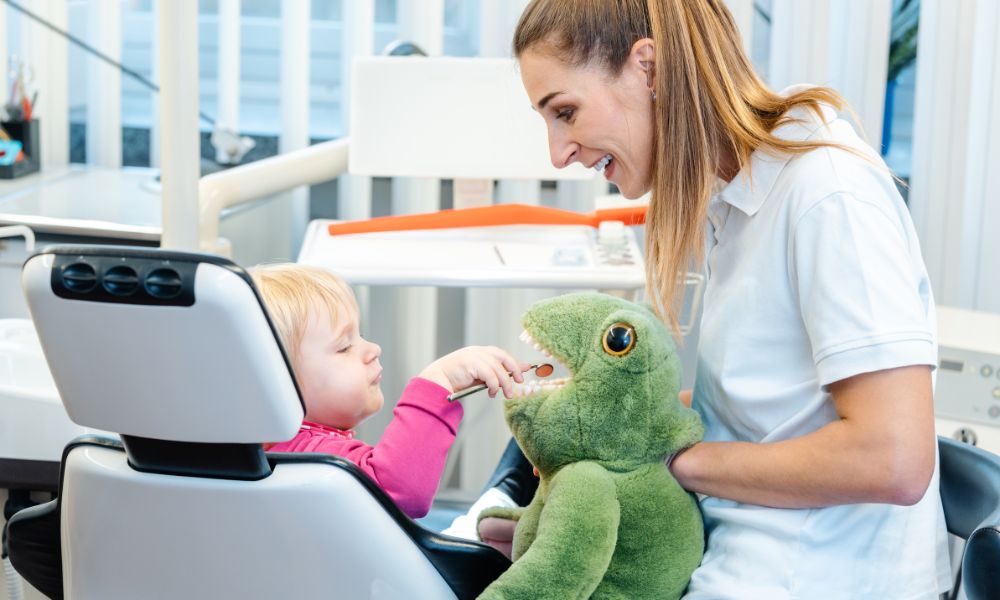Seniors are susceptible to depression. In fact, 10-15% of older adults have clinically significant symptoms of depression, even if they haven’t been diagnosed with major depression. Fortunately, there are many steps older and retired people can take to stave off depression. Here are some things to consider about how to take care of your mental health in retirement.
Stay Connected
Even those who are housebound, or wisely practicing social distancing, can maintain social connections with video calls and meetings. Maintaining a schedule is a good idea, anyway, to structure the days, set goals, and anticipate what’s next, but retirees may not have thought about scheduling regular times for online meet-ups or phone calls. Friends and family want to know how seniors are doing in retirement and will be pleased to have an opportunity to catch up.
Volunteer
Many Americans equate their identity with their job. Retirement can feel like losing a part of the self. Giving back provides new social connections and a sense of value that can help stave off depression, improve cardiovascular health, and reduce hypertension. These positive effects show up primarily for those who feel connected with what they’re doing, so it is important to choose an activity that is truly engaging, according to the American Psychological Association.
Exercise
Staying active and maintaining physical fitness have multiple positive effects, including positive mental health effects. While group activities are inadvisable during social distancing, with proper precautions it’s still ok to take a walk outside. At home, retirees can put on their favorite music and do some dancing or choose among a multitude of free video yoga sessions. Seated workouts provide benefits for those with limited mobility. Exercise boosts mood and helps decrease stress. Seniors should not begin any exercise regimen without first consulting their doctor.
Get a Pet
Dogs require walks, and cats will deign to allow their owners to cuddle them every now and then. Pets provide companionship and can help to keep seniors active in tending to their pet’s needs. Small pets can get underfoot, however, so seniors should be careful about where pets are allowed in the house and minimize falling hazards.
Do an Encore
Many active seniors who have retired from one career take up “third act” or “bridge” jobs that use their skills and experience and offer social connections and fulfillment. Similar to the benefits of volunteering, finding a part-time job in an area of interest has positive effects on mental and physical health.
Retirees concerned about their mental health, or exhibiting symptoms of depression should consult their doctors to seek help, support, and information about how to take care of mental health in retirement.






